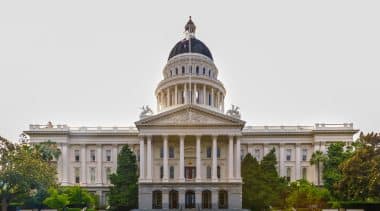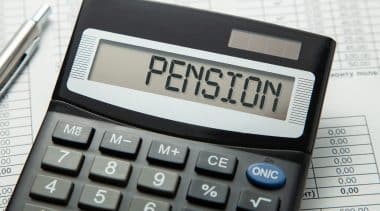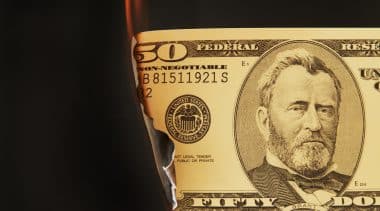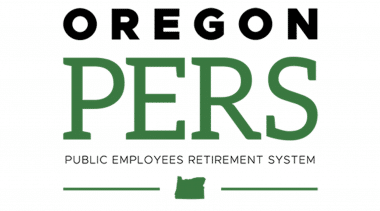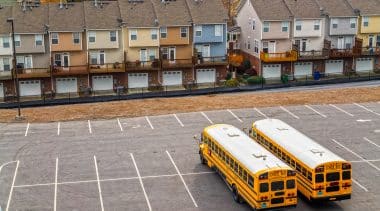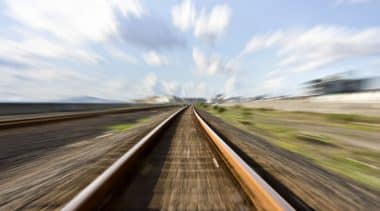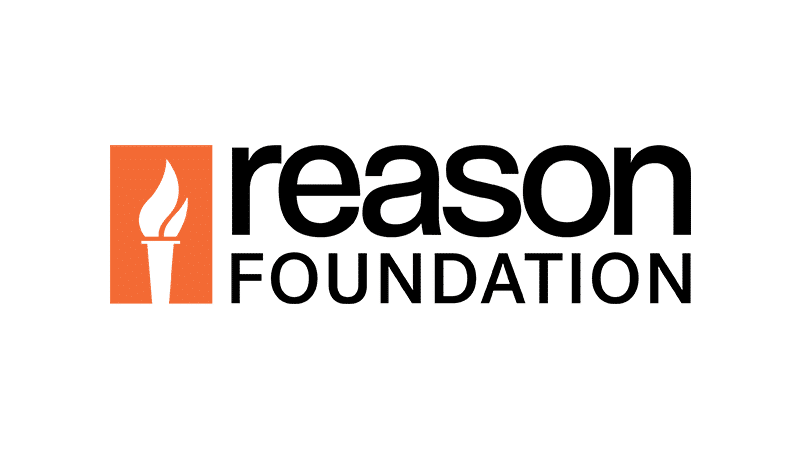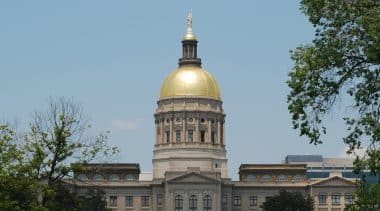Latest
-
A Conceptual Framework for State Efforts to Legalize and Regulate Cannabis
Best practices that policymakers should use for improving their existing marijuana markets or establishing new ones.
-
How Michigan and States With Legal Marijuana Can Handle Driving Under the Influence
States need to ensure they do not penalize safe, sober drivers who merely have detectable levels of marijuana remaining in their systems.
-
Center for Student-Based Budgeting Newsletter, February 2019
Personalizing education funding, North Carolina's school finance system in need of an overhaul, and more.
-
Financial Data Reporting Standards Measure Introduced In California State Senate
The bill aims to make audited state and local government financial data more accessible and easier to prepare.
-
Pension Reform Newsletter — February 2019
Analysis of Georgia’s proposed pension reform, recommendations for saving Pennsylvania’s pensions, and more.
-
Aviation Policy News #161
FAA funding fix leaves major problems unsolved, the Green New Deal, and more.
-
The Rise of Modern Monetary Theory Could Trigger Fiscal Armageddon
If MMT took hold, it would send our country down a very dangerous path.
-
Before Oregon Diverts Tax Rebates to PERS It Should Make Lasting Pension Reforms
A one-time diversion of Oregon's Kicker rebate will do little to resolve the pension system's underfunding.
-
California Counties Go Rogue on Legalized Marijuana
The initiative passed by voters clearly states that no cannabis regulations may prohibit a licensee from using alternative technologies or procedures.
-
Many Georgia Teachers Missing Out on Retirement Benefits, New Analysis Finds
The uneven nature of pension benefit accruals along with weak retention rates should signal to policymakers that they need to better tailor plan designs to the needs of public workers.
-
Gov. Newsom Scales Back California High-Speed Rail Project
The decision is a victory for fiscal responsibility and commonsense transportation policy.
-
The FDA Is Hurtling Toward a Historic Mistake on E-Cigarettes
Food and Drug Administration Commissioner Scott Gottlieb is threatening "unprecedented" action against America's most popular tool to quit smoking.
-
Reason Foundation’s Drug Policy Newsletter, February 2019
Some California lawmakers are acknowledging that high tax levels and too much red tape are stunting the legal marijuana market’s growth.
-
Florida Needs a New Approach to the Opioid Problem
Lawsuit scapegoating doctors, pharmacies and pharmaceutical companies is neither accurate nor sensible.
-
Amicus Brief: Backpage.com Is Presumptively Protected by the First Amendment
The government’s unconstitutional seizure of assets and proceeds from Backpage.com and weekly newspapers is an attempt to erode the First Amendment’s carefully erected bulwarks around free expression.
-
Analysis of Georgia House Bill 109 and Its Impacts on Georgia TRS Solvency
How the bill would alter the Teachers Retirement System of Georgia's key indicators, such as normal cost, actuarially accrued liability, and employer contribution rate projections over the next 20 years.
-
Colorado Publishes New Report Examining Health Effects of Legalized Marijuana
Study finds virtually none of the public health fears about legalizing marijuana have materialized in the state.
-
Surface Transportation Newsletter #184
Price caps are harming managed lane performance, continued innovation in intercity bus service , and more.



